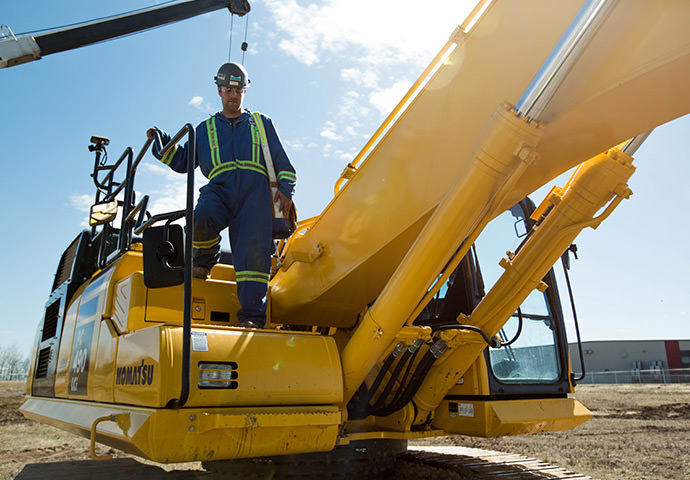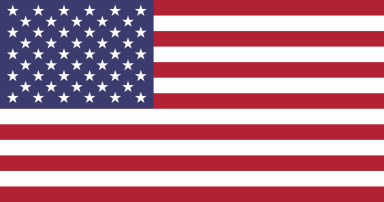Corporate sponsorships of sporting events are nothing new; companies have been attaching their brands to events since the close of the 19th century when photography giant Kodak lent its financial support to the 1896 Olympic Games. Today, brand names are ubiquitous in sports at almost every level, from the outfield signage at a Little League baseball game to stadium naming rights costing tens of millions of dollars per year. The reasons for these investments are many and varied but generally center on a push to increase brand awareness. For SMS Equipment, which, while not disputing the benefits of reaching its client base through sponsorship, the decision runs much deeper, according to Tom Tobin, the company’s vice president of equipment sales.
"When pondering our sponsorship opportunities for the 2022 season, we immediately considered the love western Canadians have for rodeo and the culture that surrounds it,” he said. “That affinity stems from the fact that almost every town, hamlet and community in Alberta, Saskatchewan, Manitoba and many parts of BC seems to boast its own rodeo grounds and their own rodeo.
That culture is ingrained into the people from these locales; they embrace it with a true, well-deserved, sense of pride. We also saw a real parallel between that rodeo lineage and the stories most of our customers relate about how their companies came to be.”
To illustrate, Tobin said that probably more than half of SMS Equipment’s customers can trace their company’s origins to a past family member who owned several small sections of property and needed to build a dugout for the farm or do other work on the land. After purchasing an excavator at auction for their work, they were often approached by someone from a nearby farm or business who needed similar work done, leading to additional equipment purchases. And a new business was born.
“We find that scenario to be fairly common,” he said. “In most cases, however, it was not done at the expense of that farming heritage — many of these same customers still proudly own and maintain large farms and livestock. Much like those involved in rodeo, there’s that sense of pride in their roots that never leaves them. From our perspective, this is two sides of the same coin; we saw a great opportunity to serve them both and continue to see that today.”

















































